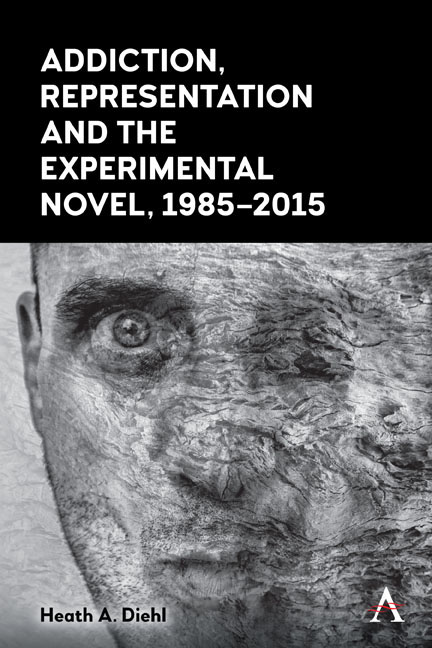4 - Transgressing: Less Than Zero (1985)
Published online by Cambridge University Press: 25 January 2021
Summary
To transgress is, by nature, to play, to test, to experiment. But, in the novel, acts of formal transgression can extend beyond trial to violation, which is what differentiates the acts of experimentation discussed in the current and the following chapters from those discussed in earlier chapters of this volume. In the preceding chapters, all three of the texts under consideration were read and analyzed in the context of existing categorical, generic or/ and topical expectations; while each of these texts undertakes, by varying degrees, an exploration of the unknown by pushing at the boundaries of these expectations, ultimately Leaving Las Vegas, Dope and The Girl on the Train are recognizable as iterations of particular literary traditions— such as the addiction novel, literary realism, the roman noir and the classic whodunit— even as they pose challenges to how twenty-firstcentury readers understand and interpret both those traditions and the subject matter at hand (i.e., addiction). At the center of this and the following chapter, by contrast, are two novels that “go beyond the bounds or limits prescribed” by genre, history and sometimes even the existing literary marketplace at the time of their original publication. Bret Easton Ellis's Less Than Zero (1985) and Grace Krilanovich's The Orange Eats Creeps (2010) break quite decisively, even violently, with a number of the formal, ideological or/ and topical traditions that have, for over two centuries, defined the addiction novel in the West, trespassing against readerly expectations for the reading experience, offending readers’ beliefs and sensibilities and ultimately forcing readers to confront addiction in new and often quite confounding ways.
Black Neon: Exploitative Self-Flagellation
To articulate the textual and ideological trespasses in which Ellis's novel engages, I need first to locate the novel within and against both the conservative history of the addiction novel and the more progressive tradition of transgressive fiction. The addiction novel traditionally has been an extremely punitive genre with regard to addict characters and addict-readers, offering, as I note in the Introduction to the current volume, two equally unappealing resolutions to the lived experiences of addiction: either addicts suffer cruel and painful deaths, or addicts magically (and too rapidly) “recover” from addiction only to be saddled with the specter of relapse and the albatross of shame for the remainder of their lives, which predictably are steeped in pathos.
- Type
- Chapter
- Information
- Publisher: Anthem PressPrint publication year: 2020

